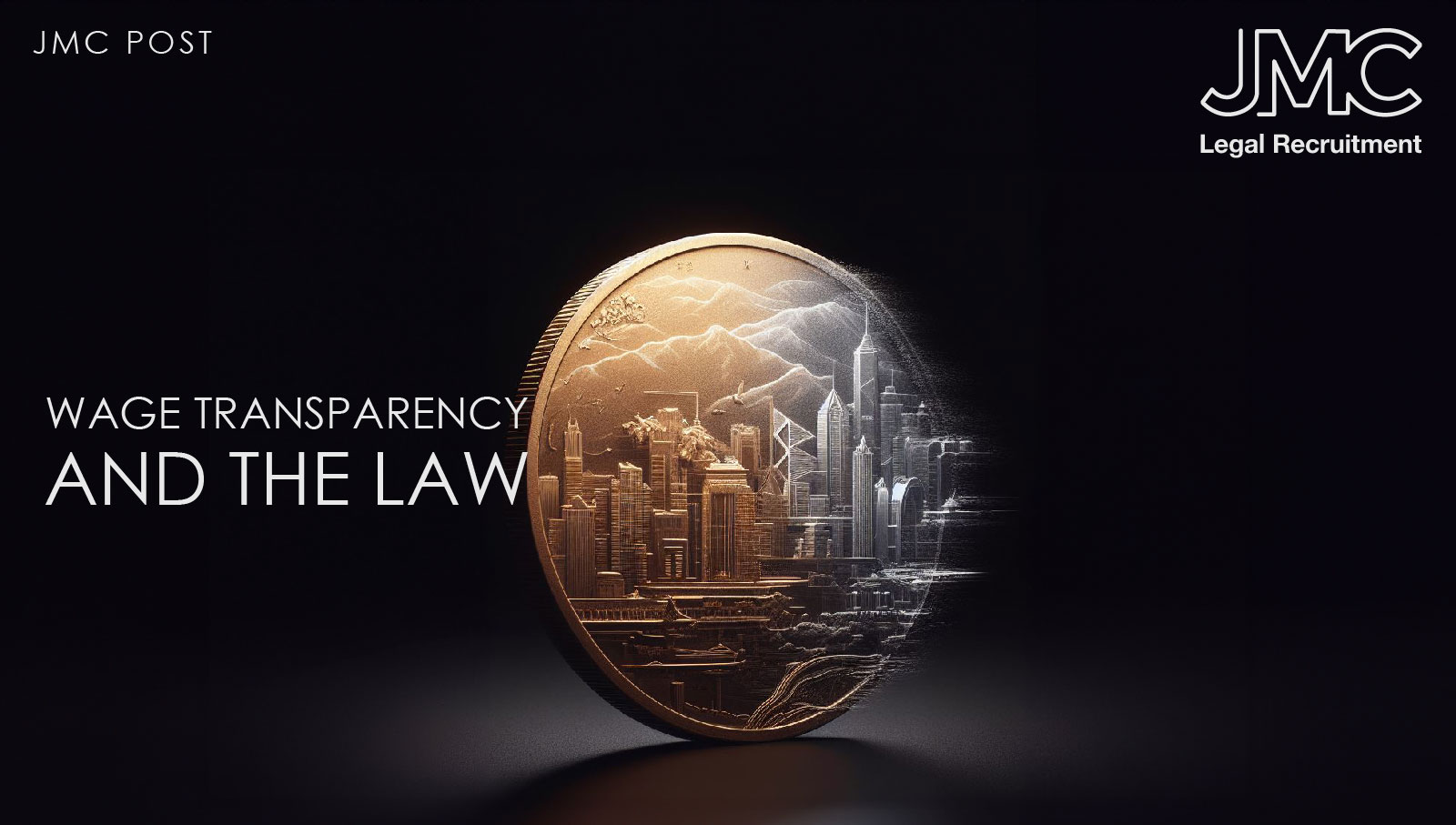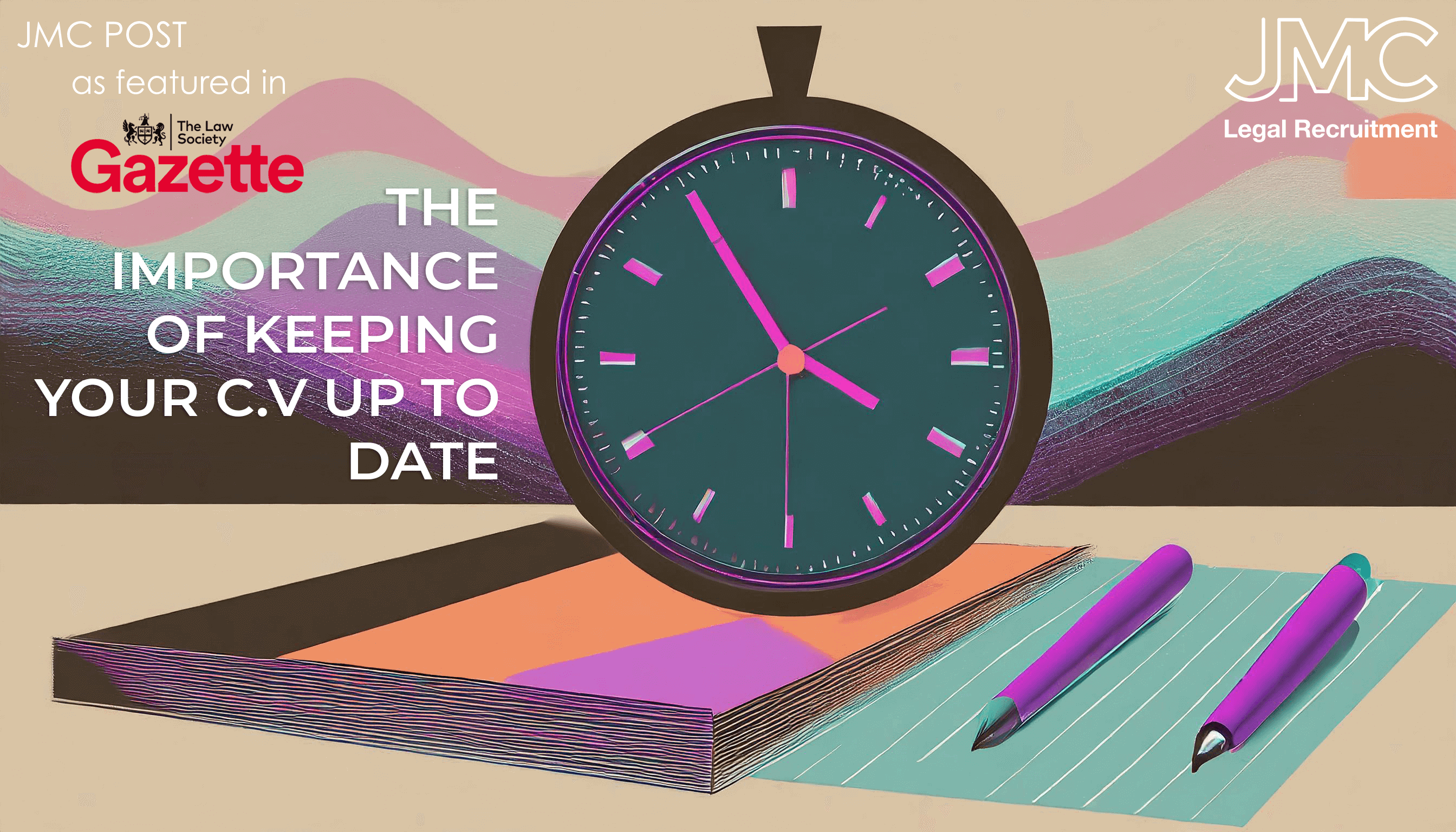
Wage Transparency and the Law
10 Oct, 20235 minutes
💰 Will salary ranges in job adverts become a legal requirement in the UK?
💰 And is it a good idea?
Currently, just over 50% of job adverts include salary details. In the legal sector, that number drops to 47.3%. This is despite adverts with salary details attracting six times more applicants.
Larger companies in the UK are already required to publish their gender pay gap, which has helped reduce this gap. So is salary range information the next natural step to greater wage transparency?
The EU has agreed to implement new rules requiring salary disclosure on job adverts. This also happens in some US states, including New York where a ‘good faith’ pay range on all adverts for job vacancies is now required.
While evidence suggests wage transparency reduces the gender pay gap, there’s also evidence that companies are less likely to give pay rises to one employee if they know they have to give them to others. This causes an average wage reduction. Also, there are concerns by companies that wage transparency causes envy and an unhappy workforce.
But another big plus of wage transparency along with reducing pay gaps, which help diversity and inclusion, is the bargaining power it gives employees. Being able to negotiate a fair wage or make a move to a well-paid position is all made easier with wage transparency.
Although there is a government pilot scheme in the UK to put job salaries on job adverts, there’s no sign of that being more widely implemented. But there’s nothing to stop companies doing it voluntarily and using wage transparency to show a positive and inclusive working culture.
💰 What do you think? Are you a fan of salary ranges in job adverts?



